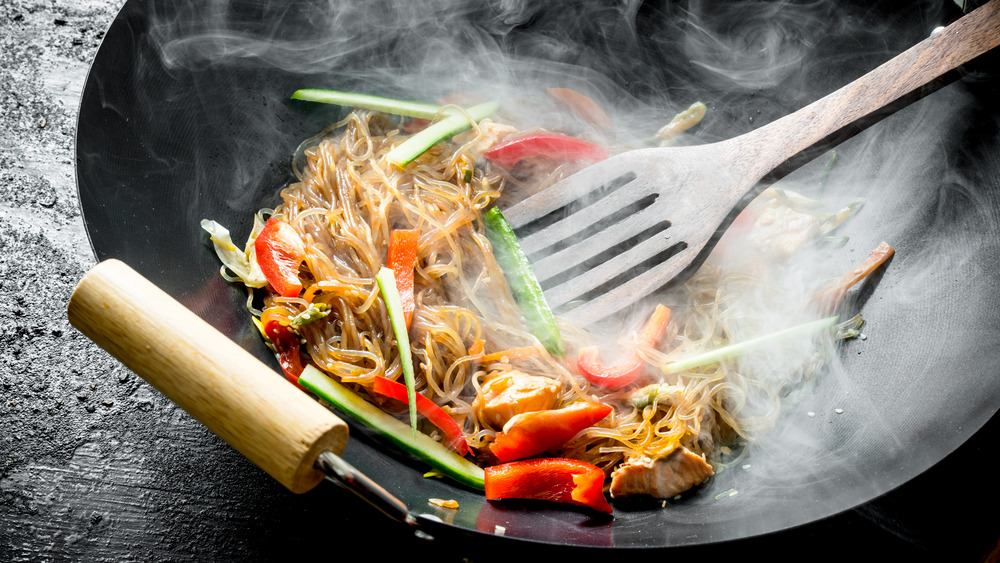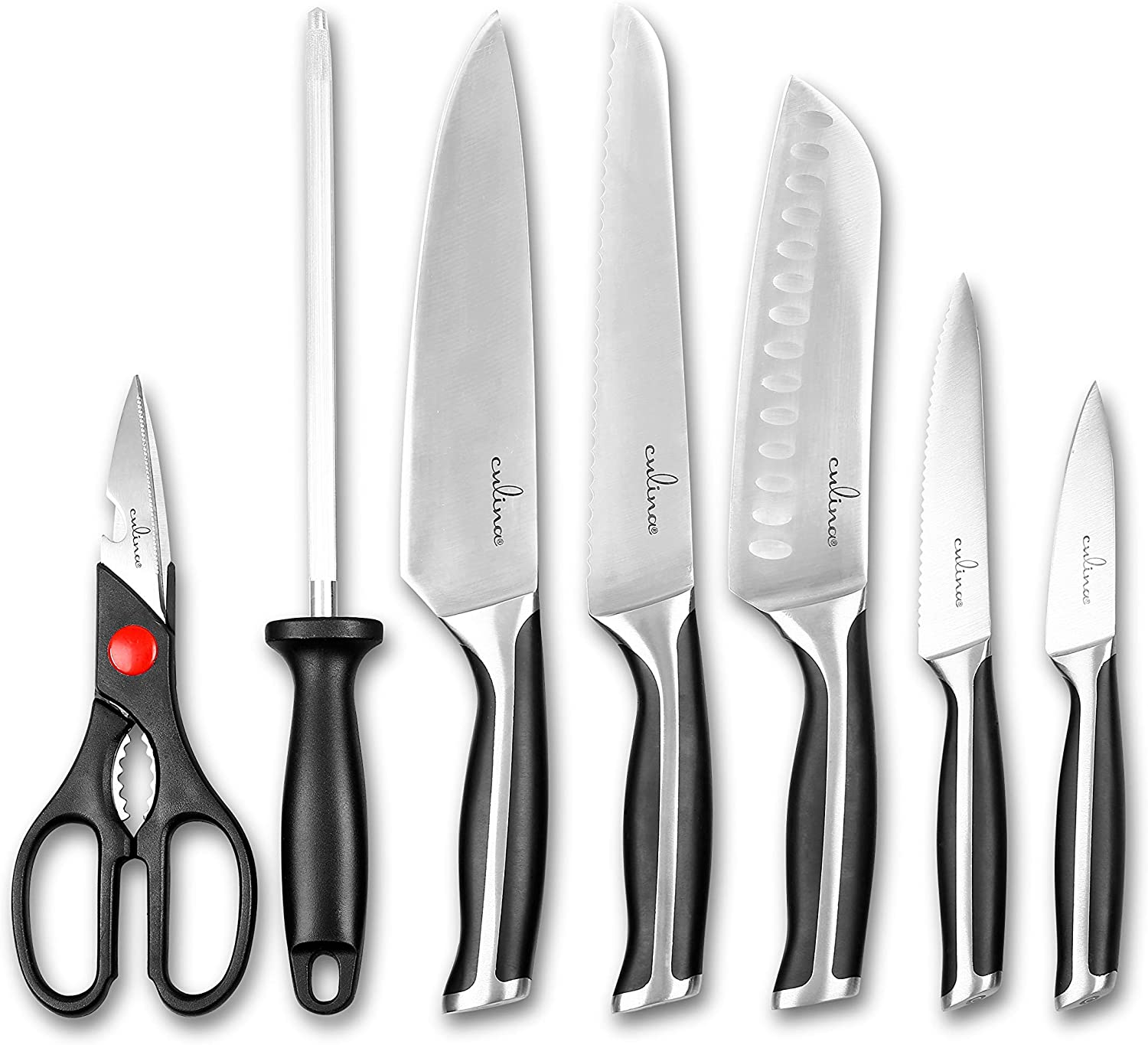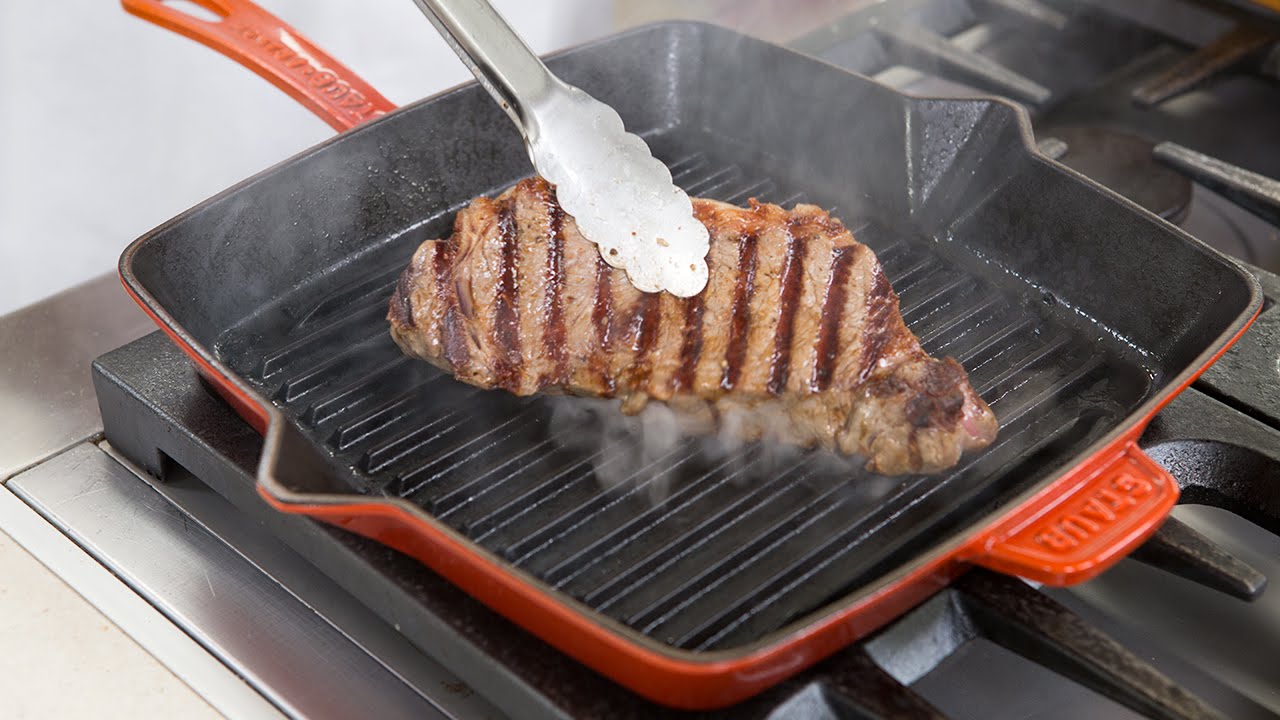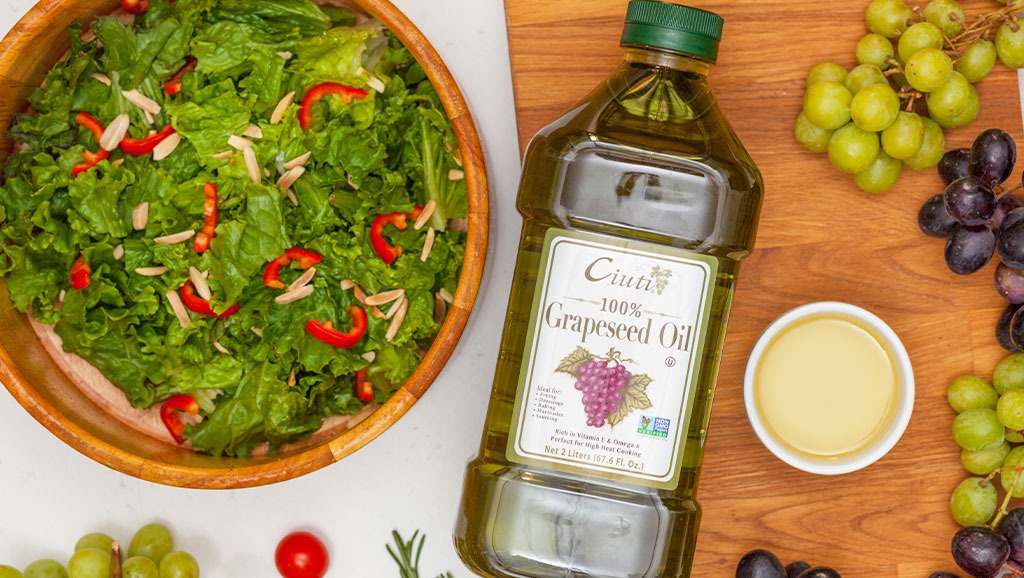Every kitchen professional knows that seasoning a wok is crucial for optimal cooking performance. In this detailed guide, we will walk you through how to season wok in oven effectively to ensure your wok lasts a lifetime and enhances the flavors of your dishes. This process involves a few important steps, so lets get started!
First, you need to understand the significance of seasoning a wok. It not only provides a non-stick surface but also infuses flavor into the food, something every chef aims for. Whether you are a seasoned cook or a novice chef, knowing how to season wok in oven can elevate your culinary skills.

The Importance of Seasoning Your Wok
Seasoning your wok transforms it into a versatile cooking tool. Without proper seasoning, food may stick, and the wok can rust, leaving you frustrated during cooking. A well-seasoned wok will help you achieve that sought-after stir-fry taste and texture.
Choosing the Right Wok
Before diving into the seasoning process, it is important to choose the right type of wok. Carbon steel woks are favored for their excellent heat distribution. However, a cast iron wok can also be used. Choose one that fits your cooking style best.
Essential Tools and Ingredients
- Wok: Your cooking vessel, preferably carbon steel.
- Oven: For even heat distribution.
- High Smoke Point Oil: Such as grapeseed or canola oil.
- Paper towels: For oil application.
- Aluminum foil: To prevent mess during the process.

Step-by-Step Guide on How to Season Wok in Oven
Now that you have your tools ready, follow these easy steps to properly season your wok:
Step 1: Clean Your Wok
Start by thoroughly cleaning your wok to remove any protective coating with hot water and a scrub brush. Avoid using soap, as it can leave residues.
Step 2: Dry the Wok
After cleaning, dry the wok completely. You can place it on the stove over low heat until theres no moisture left.
Step 3: Apply Oil
Using a paper towel, apply a thin layer of high smoke point oil all over the interior surface of the wok. Make sure it is evenly coated.
Step 4: Prepare the Oven
Preheat your oven to 400F (200C). Line the bottom rack with aluminum foil to catch any drips.
Step 5: Place the Wok in the Oven
Turn the wok upside down and place it on the top rack of the preheated oven. Bake for 1 hour. This process will polymerize the oil, creating a non-stick surface.
Step 6: Cool Down the Wok
After baking, let the wok cool in the oven. This slow cooling process helps set the seasoning.
Step 7: Repeat If Necessary
Depending on the material and initial condition of your wok, you may need to repeat the seasoning process 2-3 times to achieve the best results.

Maintaining Your Seasoned Wok
After you have seasoned your wok, maintaining it is essential. Avoid washing it with soap. Simply rinse with hot water and dry thoroughly. Apply a small amount of oil after each use to keep the surface seasoned.
Common Mistakes to Avoid
- Using Soap: This can strip the seasoned layer.
- Overheating: Woks should not be overheated; use medium heat.
- Skipping Seasoning: Neglecting to season leads to rust and food sticking.
FAQs
1. How often should I season my wok?
You should season your wok whenever it looks dull, loses its non-stick properties, or if it has been washed with soap.
2. Can I use different types of oil for seasoning?
Yes, but choose oils with a high smoke point like grapeseed, canola, or peanut oil for best results.
3. Is it safe to cook acidic foods in a seasoned wok?
It is best to avoid cooking highly acidic foods in a newly seasoned wok as they can strip the seasoning.
For more information on wok usage and care, you can refer to this informative article from Cooking Channel. Additionally, check out related posts on seasoning the wok, using a wok on an electric stove, and how to properly use a wok.
As an Amazon Associate, I earn from qualifying purchases.






Leave a comment
This site is protected by hCaptcha and the hCaptcha Privacy Policy and Terms of Service apply.